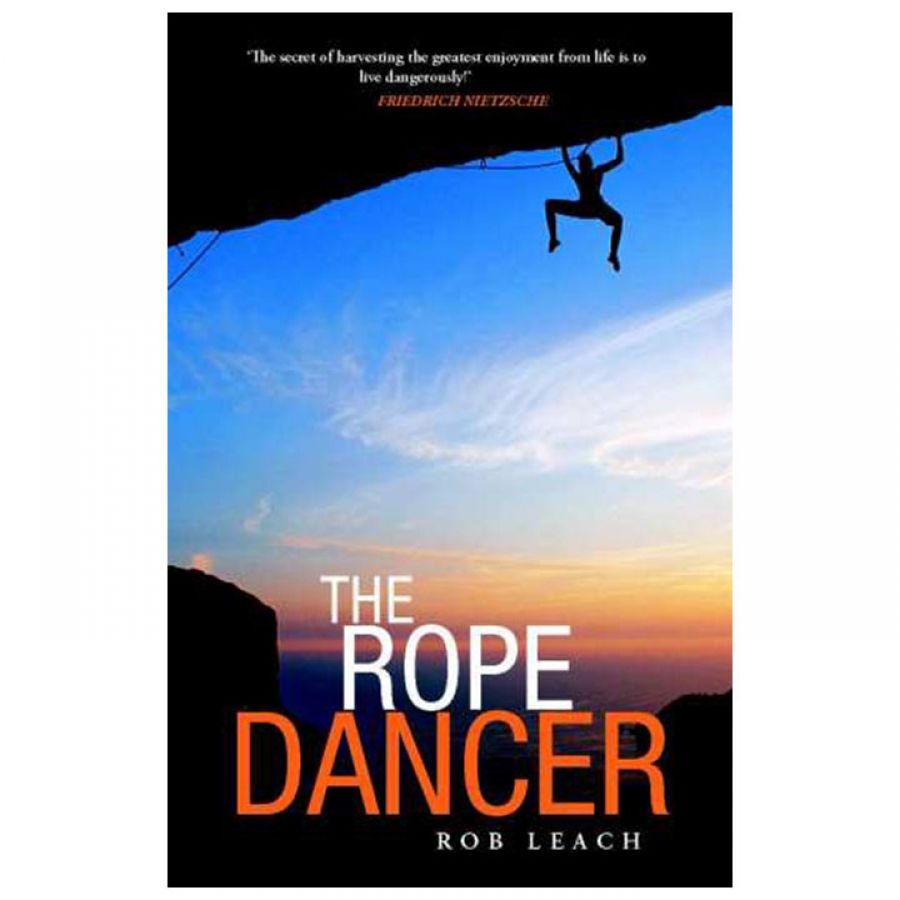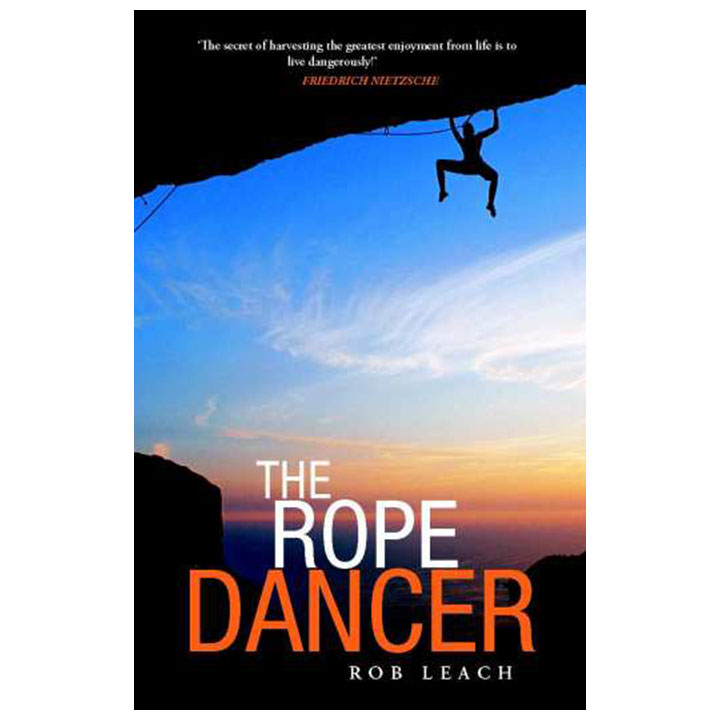
- Free Article: No
- Contents Category: Fiction
- Review Article: Yes
- Online Only: No
- Custom Highlight Text:
In The Rope Dancer, Rob Leach sets himself the ambitious task of using Nietzsche’s Thus Spoke Zarathustra as a template for an impassioned meditation on mountaineering, authoring one’s life and owning one’s injuries. It seems like formidably brainy material, and the novel can certainly be excavated for its philosophical underpinnings. Yet it’s equally possible to disregard them and to simply read The Rope Dancer as an engagement with the ordeal of living and the unspoken bargains one strikes with life.
- Book 1 Title: The Rope Dancer
- Book 1 Biblio: Skink Press, $22.95 pb, 228 pp
- Book 1 Cover Small (400 x 600):

- Book 1 Cover (800 x 1200):

The Rope Dancer is the story of Rick, a mountaineer who sustained serious injuries while climbing Khan Tengri, a mountain in Kazakhstan. Rick has lost some of his toes to frostbite, has had skin grafts to his face, and has suffered a cerebral oedema, leaving him with an unreliable memory and agonising migraines. He leads a shuffling existence in a chook shed at the back of a house in Melbourne, where he seems terribly lost and alone, and oddly detached from his own life. When his former climbing partner, Rory, re-appears, Rick’s quiet existence is ruptured. Rory persuades him to take part in a new mountaineering venture. Rick is to teach a famous writer, Sara Smith, mountaineering basics in preparation for more advanced climbing trips overseas, culminating in a trip to Kazakhstan and Khan Tengri.
Rick’s friendship with Sara and his gradual re-emergence into the hustle and flow of life are compellingly handled; it’s difficult not to be swept up in the undertow of Rick’s narration. Leach is a fine observer, and can turn a nice phrase, but he strikes a few false notes. Rory, for instance, veers perilously close to caricature, more a foil to Rick, and a ‘character type’, than a fully realised character. But it would be churlish to concentrate on faults. This novel is sensitive, sad and real.


Comments powered by CComment